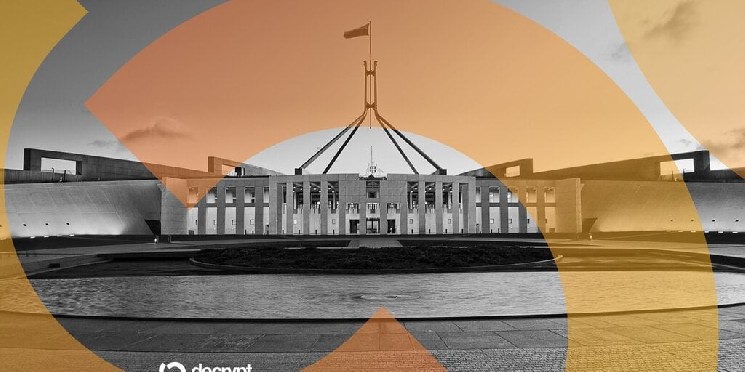Australia has released draft legislation to regulate digital asset platforms, proposing a framework that extends financial services laws to crypto businesses in an effort to bolster consumer protections and provide clarity for the industry.
Assistant Treasurer Daniel Mulino announced the reforms on Wednesday at the Digital Economy Council of Australia’s Global Digital Asset Regulatory Summit.
He described the bill as the “cornerstone” of the government’s digital asset roadmap, published in March, and said it would align Australia with international peers.
“This is about legitimizing the good actors and shutting out the bad,” Mulino said. “It is about giving businesses certainty and consumers confidence.”
The draft introduces two new categories under the Corporations Act: digital asset platforms and tokenized custody platforms.
Operators would need an Australian financial services license and be required to manage conflicts of interest, provide dispute resolution systems, and meet minimum custody and settlement standards.
Mulino said recent failures in the sector had exposed gaps in consumer safeguards, particularly when operators pooled and held client assets.
“We are addressing this by extending well-understood and time-tested Australian financial services frameworks to target the riskiest parts of these businesses,” he said.
The bill also sets out rules for wrapped tokens, public token infrastructure, and staking—areas Mulino said had struggled to fit within frameworks built for traditional intermediaries.
“This means they will no longer have to be forced into frameworks that were never designed for them,” he said.
Acknowledging the pace of technological change, the legislation provides regulators with the flexibility to adapt their obligations.
“Rigid rules could leave gaps or stifle new businesses,” Mulino said. “That is why the framework includes tools to adjust as technologies and services develop.”
The government is working with the Australian Securities and Investments Commission on transitional arrangements prior to the reforms taking effect.
Mulino said the consultation process would ensure the final law is workable.
“Above all, we’ve heard that what you need is clarity,” he said.

